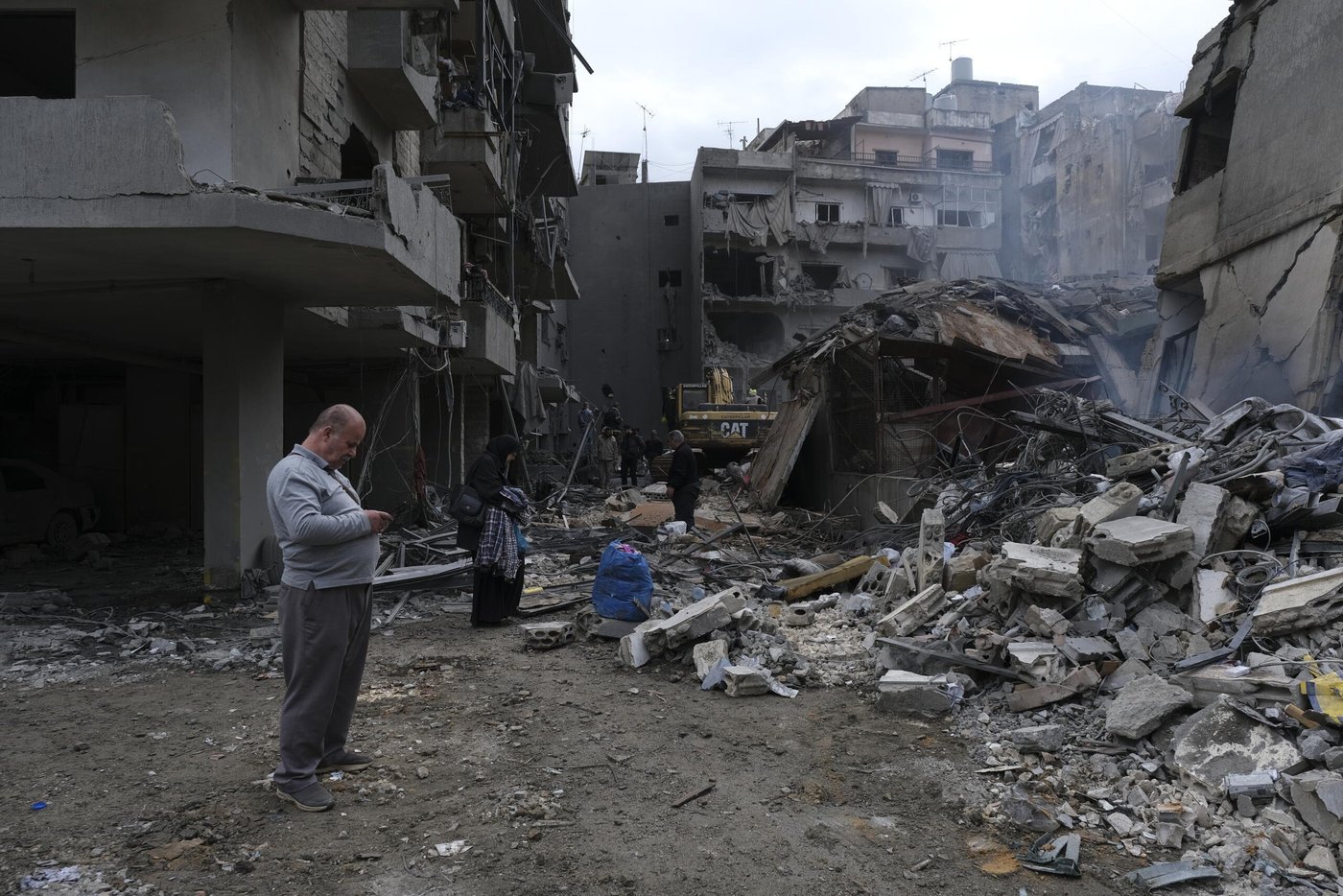Israeli airstrikes, including on the capital Beirut, have followed a pattern of repeated targeting of Lebanese villages over the past months, a clear violation of the agreement.
“Across Lebanon, families live with constant fear: that an airstrike could happen any minute near their home, their children’s school, or on their road to work. For a year now, airstrikes and shelling have persisted despite the ceasefire agreement. This is not what a ceasefire looks like,” said Maureen Philippon, NRC’s Country Director in Lebanon.
Despite the agreement, which took effect in late 2024, the security situation in Lebanon continued to deteriorate over the months. The United Nations Interim Force in Lebanon (UNIFIL) has documented more than 7,500 Israeli airspace violations and nearly 2,500 ground violations, a “total disregard for the ceasefire agreement,” as described by the UN Special Rapporteur. UNICEF Lebanon reported that more than 13 children have been killed and 146 injured since the ceasefire. The UN also documented four incidents of projectiles fired by armed groups in Lebanon towards Israel during the ceasefire, none of which resulted in casualties.
“Besides the physical impact, the psychological scars are deep and lasting. People across Lebanon live in a state of constant anxiety, fearful that any day could mark a return to full-scale conflict. A year on, Lebanese families deserve more than a fragile truce on paper. They deserve safety and a real chance to rebuild their lives,” said Philippon.
More than 64,000 people remain displaced and unable to return home due to widespread destruction or security risks. In one school in a border village, despite the principal’s efforts to reopen for this school year, only 56 students have enrolled compared to around 200 before the conflict, leaving classrooms half-empty, with many students and teachers still displaced.
Israeli attacks have destroyed homes, schools, and public infrastructure. There have also been attacks on reconstruction efforts, including strikes on reconstruction machinery signaling a deliberate effort to obstruct reconstruction and further undermine Lebanon’s recovery.
NRC calls for all parties to the conflict to respect the key principles of international humanitarian law: protection of civilians and civilian infrastructure, the principles of necessity and proportionality, and the prohibition of unnecessary suffering. NRC urges actors with influence over the parties to rally behind these basic rules governing the conduct of hostilities.
Without these efforts meaningful recovery will remain out of reach.
“People of Lebanon deserve peace, not another year of fear,” said Philippon.
Notes to editors:
- A ceasefire agreement between Israel and Hezbollah was implemented on 27 November 2024.
- UNIFIL has documented more than 7,500 Israeli airspace violations and nearly 2,500 ground violations (UNIFIL).
- The UN documented four incidents of projectiles fired by armed groups in Lebanon towards Israel during the ceasefire, none of which resulted in casualties. (OHCHR)
- Lebanese authorities report that 331 people have been killed and 945 injured since the ceasefire began (Lebanese Ministry of Public Health).
- UNICEF Lebanon reported that more than 13 children have been killed and 146 injured since the ceasefire (UNICEF).
- 64,417 people remain internally displaced, primarily from Bint Jbeil, Marjaayoun, and Sour (IOM, 3 October 2025).
- Attacks have also targeted reconstruction efforts, including strikes on construction machinery. In one of the most devastating attacks, around 300 machines were destroyed, severely impacting ongoing repair and rebuilding works (OLJ).
- Israeli troops have remained at five points inside Lebanon despite the ceasefire agreement.
- UNIFIL reports that a newly constructed Israeli wall extends past the Blue Line, cutting off 4,000 square meters of Lebanese land (UNIFIL).
For more information or to arrange an interview, please contact:
- NRC’s global media hotline: media@nrc.no, +47 905 62 329


